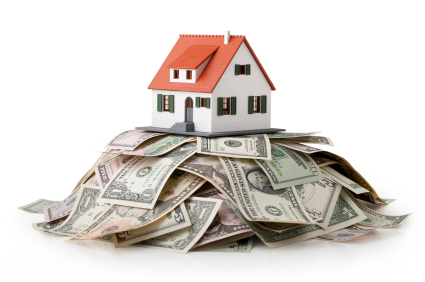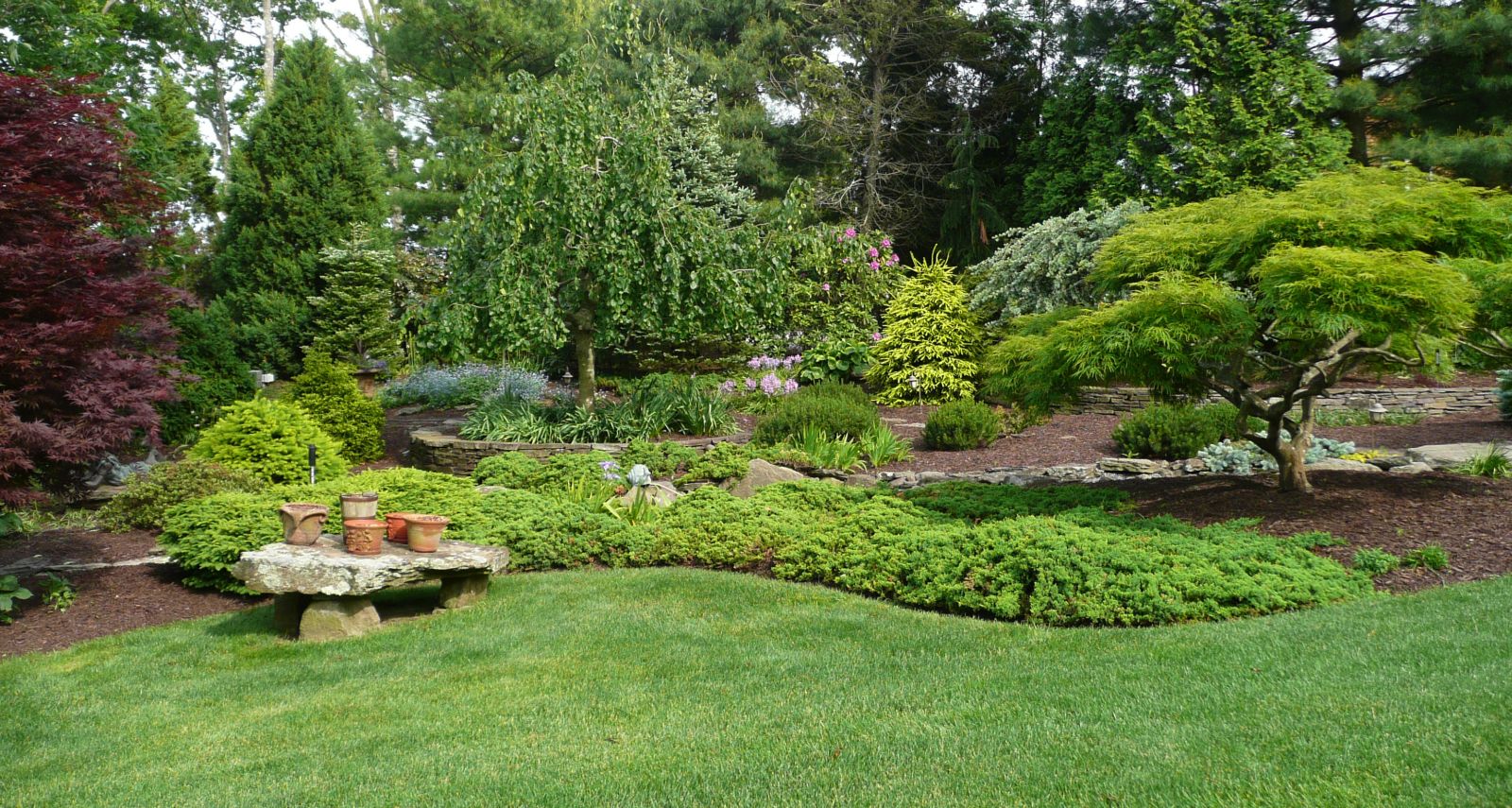Real estate investment is simply the purchase of a future income stream from property. Here are some of the key reasons to invest in real estate.
Attractive and Stable Income Return- A key feature of real estate investment is the significant proportion of total return, accruing from rental income over the long term. This helps reduce volatility, as investments that rely more on income return, tend to be less volatile than those that rely more on capital value return. Real estate is also attractive when compared with more traditional sources of income return.
Gain more leverage- Real estate is one of the few investment vehicles where using the bank’s money couldn’t be easier. The ability to make a down payment, leverage your capital, and thus increase your overall return on investment is incredible.
You can pass it onto your kids- When thinking long-term for your investment, you don’t just have to think your lifetime – you can also think about your children. These investments can be passed onto your children either before or after you pass away.
It’s an asset you can use- Investment or not, your property is still just that – a property. So, should events take a turn which means you have to move into that property, you can (pending rental agreements, of course) whether for the short term or the long term – and, if things change again, you can move back out, leaving your investment intact.
Increased tax deduction strategies- Rental property affords investors with another incredible opportunity to convert personal expenses to potentially valid business deductions. Don’t forget that rental real estate is a business. This means that travel expenses to check on your properties and payments to family members who manage your properties (such as students away at college) can be deductible and increase the tax benefits when it comes to cash flow and the future sale of the property.
The tax write-offs against your other income- Depending on your classification as an Active Investor or Real Estate Professional and your income level, there is a good chance your rental property will not only give you tax-free cash flow, but an overage of tax deductions you can use against your other income. With that said, this is something you want to discuss with your tax professional before investing so your expectations are realistic.




